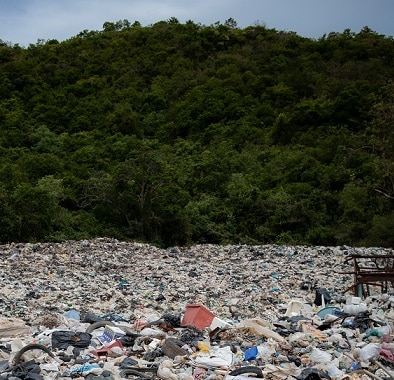The waste clearance industry has reported a spike in the amount of commercial where to buy accutane waste being dumped. At the beginning of June, Litta helped to clear a 75-tonne fly tip on a commercial estate in Uxbridge – the heaviest in their three-year history. Here, its CEO Aaron Georgiou argues that, if not addressed soon, this could become commonplace.
To understand just why commercial fly-tipping is becoming a major problem, we need to understand how Covid-19 has affected waste and recycling demand. For many companies based in primary and secondary industries, Lockdown saw them pause production and manufacturing. Recycling companies Suez UK and Veolia, for instance, have recorded a 50 per cent fall in commercial waste as a result.
With waste and recycling centres temporarily closing, cases of commercial fly-tipping are low when compared to household rubbish being dumped in public areas. The City of London Corporation has cleared 192 piles of rubbish from Epping Forest – an area notorious for fly-tipping. It noted that the majority of waste comprised of furniture, general household items and garden waste.
The reason for this is spike in residential waste ranges from more people engaging in DIY home renovation projects to the lack of available rubbish collection services. With tips once again opening their doors, it is expected that cases of residential fly-tipping should drop.

Conversely, with businesses returning to their factories and workplaces, there are now concerns the increase in demand for commercial waste disposal will lead to more cases of commercial fly-tipping in the UK.
Over the past three months, with commercial sites and industrial parks sitting empty, Litta has seen a rise in the amount of fly-tipping take place in these areas. These sites are usually way from the public eye and make ideal dumping grounds for illegal tippers of both residential and commercial waste. As businesses return to the offices and factories, it is likely that we will see a sudden rise in the number of companies reporting fly-tipping on or near their premises.
Furthermore, there will also be a spike in commercial waste as a consequence of the renovation and refurbishment works that will need to be carried out to ensure workplaces abide by social distancing measures.
New equipment will be bought and installed to protect staff, not to mention the entire refitting of offices to ensure that social distancing is adhered to. All this means more commercial waste will need to be safely and legally disposed of.
Waste disposal centres are indeed reopening, though they are not operating at capacity yet. This means the time it will take longer than usual to process commercial rubbish, thereby increasing the risk of fly-tipping.
For this reason, any SME planning a transition back into the office needs to consider two things. The first is that there might be waste which has accrued during the lockdown period; this will need to be removed. And the second is whether the transition back into the workplace will require extensive renovation and refurbishment to protect the health of staff.
Disposing of waste responsibly
SMEs must adhere to the legal requirements listed in the Environment Protection Act. These include the prevention of their waste from causing damage to the environment, and an obligation to ensure any waste collection providers they use are fully licensed.
When engaging with a waste removal company, businesses must have evidence (be it an invoice, waste transfer note or receipt), that the items were legally disposed of. Importantly, many professional waste carriers who offer services via an app can issue confirmation of when and where waste has been removed to, ensuring SMEs are not liable for dealing with an illegal fly-tipper.
Despite the challenges posed by fly-tipping, it has been positive to see the rise in apps using the latest tracking technology to ensure the efficient and quick disposal of commercial rubbish. With councils transitioning back to their full operational capacity, it is advisable for SMEs to seek out these services so that their waste can be removed quickly and responsibly.
Litta is a London-based startup that connects consumers and businesses with professional waste carriers


